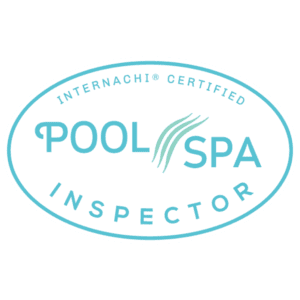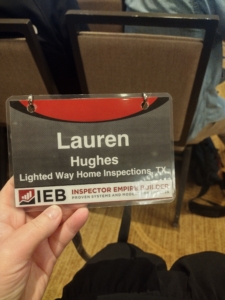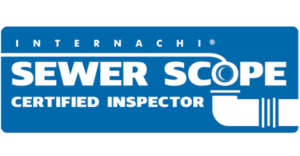This Fourth of July my family and I are excited to kick off the Fourth of July by watching our town’s morning parade. It’s one of our favorite traditions. After that, we’ll be visiting friends and neighbors over the long weekend. I don’t know about you, but it seems like I see “deck collapse” articles and videos running by my social feeds a lot lately.
As fireworks light up the sky and families gather to celebrate Independence Day, it’s easy to overlook one of the most important elements of backyard safety: your deck.
InterNACHI estimates that of the 45 million existing decks, only 40% are completely safe.
With increased foot traffic, grills fired up, and guests leaning on railings or dancing under the stars, the structural integrity of your deck becomes more important than ever. A quick inspection for soft spots, loose railings, or rotting boards can prevent avoidable accidents and keep the holiday celebration worry-free.
Grills and fire pits should be kept away from wooden surfaces and never left unattended. Make sure pathways are well-lit, especially if festivities run into the evening, and keep a fire extinguisher nearby. Hosting a large crowd? Be mindful of the deck’s weight capacity—overloading it with guests, coolers, and furniture can cause serious hazards. These simple but effective precautions go a long way in ensuring a safe and enjoyable gathering.
Lighted Way Home Inspections is certified to offer professional deck evaluations with every Home Inspection that will identify unseen issues before they become liabilities.
Our detailed reports highlight potential problems and suggest necessary repairs, giving you peace of mind while entertaining guests in your new home. Before you send out invites or fire up the grill, check the deck! Because celebrating safely starts from the ground up. Already an existing homeowner looking for some step-by-step deck safety tips? Check out this link with some great tips from Lowe’s!
Happy 4th, y’all!



 Last week, I had the incredible opportunity to attend the IEB Unite Conference: a gathering of home and commercial inspection professionals who are all about raising the bar in our industry. And after a busy month of homeschooling, our family trip to Galveston, and Addison’s 12th birthday, I am so glad I actually made it! It was a big step for me personally and professionally.
Last week, I had the incredible opportunity to attend the IEB Unite Conference: a gathering of home and commercial inspection professionals who are all about raising the bar in our industry. And after a busy month of homeschooling, our family trip to Galveston, and Addison’s 12th birthday, I am so glad I actually made it! It was a big step for me personally and professionally.





